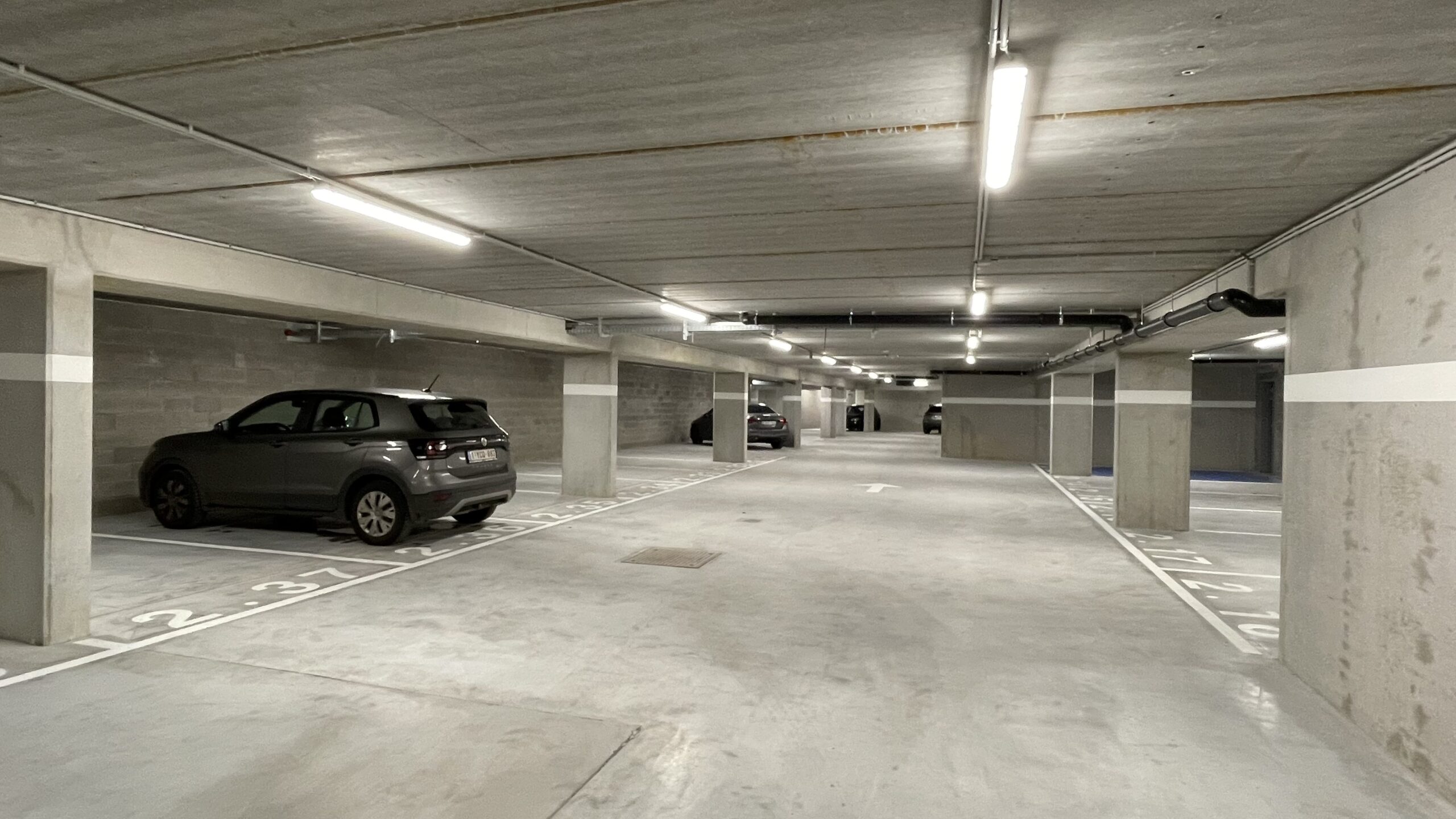Parking lots: Practical Real Estate with Stable Value
In real estate, most people think of houses or apartments — but parking spaces are becoming an increasingly attractive asset.
Whether for personal use or as an investment, a parking space is a practical and value-retaining property type that stands out for its simplicity, low entry cost and steady demand.
What Is a Parking Space?
A parking space is a designated area for vehicles, located in a building, underground garage or secured outdoor lot.
Common types include:
- Private parking spaces for residents.
- Garage boxes with secure doors.
- Underground or open-air car parks in city centres.
- Operational or rotation parkings, where users pay per hour or per day.
With low maintenance, affordable prices and consistent demand, parking spaces are an attractive option for investors seeking steady returns with minimal risk.
Parking for Personal Use
Owning your own parking spot is becoming a true luxury in dense urban areas.
In cities like Brussels, Antwerp, Ghent or Bruges, the shortage of parking spaces makes private parking increasingly valuable.
A personal parking space offers:
- Convenience and peace of mind – always your own secure spot.
- Safety – protection against damage, theft and weather.
- Added property value – homes with parking sell or rent faster.
- Low costs – minimal maintenance and service fees.
Even if not used daily, a parking spot remains a functional asset that strengthens the overall value of your property.
Parking lot as an Investment
Parking spaces are now recognised as a smart and accessible real estate investment.
Due to the rising parking pressure in cities and tourist areas, rental demand and yields continue to grow.
Main investment types:
🔹 1. Individual Parking Spaces
Buy one or several spaces in a residential or office building and rent them to locals.
➡️ Advantage: low entry cost, simple management and easy resale.
🔹 2. Garage Boxes
Ideal for long-term rentals or storage use.
➡️ Advantage: enclosed, secure and versatile.
🔹 3. Operational Parkings
Large-scale facilities where users pay by the hour or day (e.g., airports, shopping centres).
➡️ Advantage: high rotation and income potential through constant occupancy.
➡️ Note: requires professional management or partnership with an operator.
🔹 4. Rotation Parkings
Flexible systems where multiple users share spaces through digital access or scheduling.
➡️ Advantage: maximum efficiency and steady cash flow.
Why Invest in Parking Spaces?
- Low entry price – often between €20,000 and €40,000.
- Minimal maintenance – no tenants, no repairs.
- Predictable returns – monthly or daily income.
- Liquidity – easy resale in growing markets.
- Low regulation – straightforward contracts and ownership.
In areas with restricted street parking and eco-mobility measures, private parking becomes more valuable each year.
Location: The Key to Profitability
As with all real estate, location is crucial.
The profitability of a parking investment depends on local demand and accessibility.
Top-performing locations include:
- Urban centres with limited parking supply.
- Residential complexes without garages.
- Business districts and office zones.
- Airports, train stations and tourist areas.
A well-located parking ensures steady occupancy and reliable income.
Parking Yields
- Individual rentals: typically 3%–6% gross annual return.
- Operational or rotation parkings: up to 8% or more, with professional management.
While profits per unit are modest, the advantages are clear: stability, simplicity and liquidity — ideal for balanced portfolios.
Conclusion
A parking space is both a practical necessity and a solid investment.
For personal use, it brings comfort and convenience; for investors, it offers steady returns with limited risks.
Whether you own a single spot or manage an entire parking complex, one thing remains true:
parkings are a smart, future-proof form of real estate in an evolving mobility landscape.
